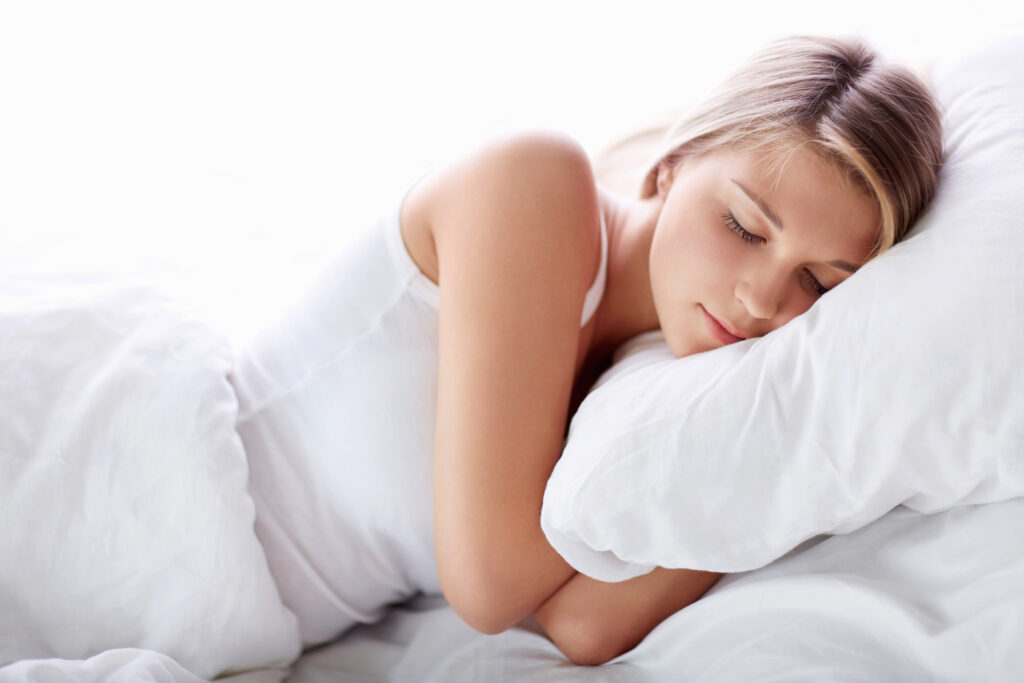
Natural Solutions for Better Sleep: The Best Herbal Remedies for Insomnia
Insomnia is a common problem affecting millions of people worldwide. Poor sleep can lead to various health issues, including stress, anxiety, weakened immunity, and decreased cognitive function. While pharmaceutical sleep aids may provide temporary relief, they often come with side effects and the risk of dependency. Instead, many people are turning to natural remedies for better sleep.
At Gold Herbal, we specialize in providing herbal solutions for common health concerns, including sleep disorders. In this article, we’ll explore the best herbal remedies for insomnia and how they can help you achieve a restful night’s sleep. If you need expert guidance on natural sleep solutions, consult Dr. Jacob Gold at www.gold-herbal.com.
The Science Behind Herbal Remedies for Sleep
Herbs have been used for centuries to promote relaxation and improve sleep quality. Many herbal sleep aids work by:
- Reducing stress and anxiety
- Promoting relaxation
- Regulating sleep cycles
- Enhancing melatonin and GABA production
Top Herbal Remedies for Insomnia
1. Valerian Root (Valeriana officinalis)
Benefits:
- Known as “nature’s Valium,” valerian root helps calm the nervous system.
- Increases GABA levels in the brain, promoting relaxation and reducing anxiety.
- Clinical studies suggest that valerian root can improve sleep quality and reduce the time it takes to fall asleep.
How to Use:
- Take valerian root as a tea, tincture, or supplement 30-60 minutes before bed.
2. Chamomile (Matricaria chamomilla)
Benefits:
- Contains apigenin, an antioxidant that binds to certain receptors in the brain to promote sleepiness.
- Reduces symptoms of anxiety and depression, which can contribute to insomnia.
How to Use:
- Drink chamomile tea before bedtime.
- Use chamomile essential oil in a diffuser or apply it topically for relaxation.
3. Lavender (Lavandula angustifolia)
Benefits:
- Aromatherapy studies show that lavender can improve sleep quality, reduce restlessness, and decrease stress levels.
- Supports melatonin production, enhancing the body’s natural sleep cycle.
How to Use:
- Use lavender essential oil in a diffuser or apply a few drops to your pillow.
- Drink lavender tea before bedtime.

4. Passionflower (Passiflora incarnata)
Benefits:
- Boosts GABA production in the brain, reducing nervous activity and inducing sleep.
- Helpful for people suffering from stress-induced insomnia.
How to Use:
- Drink passionflower tea in the evening.
- Take as a supplement for stronger effects.
5. Lemon Balm (Melissa officinalis)
Benefits:
- Calms the nervous system and reduces anxiety, promoting a restful night’s sleep.
- Improves mood and cognitive function, reducing mental chatter that can prevent sleep.
How to Use:
- Drink lemon balm tea before bedtime.
- Use as an essential oil for aromatherapy.
6. Ashwagandha (Withania somnifera)
Benefits:
- An adaptogen that helps regulate the body’s stress response.
- Reduces cortisol levels, which can interfere with sleep quality.
How to Use:
- Take ashwagandha supplements or tea daily.
- Combine with warm milk or honey for a soothing bedtime drink.
7. Magnolia Bark (Magnolia officinalis)
Benefits:
- Contains honokiol, a compound that promotes sleep and relaxation.
- Reduces nighttime awakenings and helps improve sleep duration.
How to Use:
- Take magnolia bark as a tea or supplement.
- Use alongside other calming herbs for enhanced effects.
Additional Natural Strategies for Better Sleep
In addition to herbal remedies, adopting a holistic approach to sleep hygiene can significantly improve restfulness.
1. Maintain a Consistent Sleep Schedule
- Go to bed and wake up at the same time every day to regulate your circadian rhythm.
2. Create a Relaxing Bedtime Routine
- Engage in calming activities like reading, meditation, or taking a warm bath before bed.
3. Limit Blue Light Exposure
- Reduce screen time at least an hour before bedtime to support melatonin production.
4. Optimize Your Sleep Environment
- Keep your bedroom cool, dark, and quiet.
- Use blackout curtains and white noise machines if necessary.
5. Avoid Stimulants Before Bed
- Reduce caffeine and alcohol intake in the evening to prevent sleep disruptions.
Consult with Dr. Jacob Gold for Personalized Herbal Solutions
While these herbal remedies are highly effective, each individual’s needs may vary. Dr. Jacob Gold provides personalized herbal consultations to help you find the right natural solutions for your sleep concerns.
Visit www.gold-herbal.com to schedule your consultation and explore our range of high-quality herbal products.
Conclusion
Sleep is essential for overall well-being, and natural remedies offer a safe and effective way to combat insomnia. Valerian root, chamomile, lavender, passionflower, lemon balm, ashwagandha, and magnolia bark are among the best herbal solutions for improving sleep quality. Pairing these remedies with good sleep hygiene practices can help you achieve restful, rejuvenating sleep without relying on pharmaceutical drugs.
If you’re struggling with sleep issues, consult Dr. Jacob Gold at Gold Herbal for expert guidance and personalized herbal solutions. Visit www.gold-herbal.com today and take the first step toward better sleep naturally!